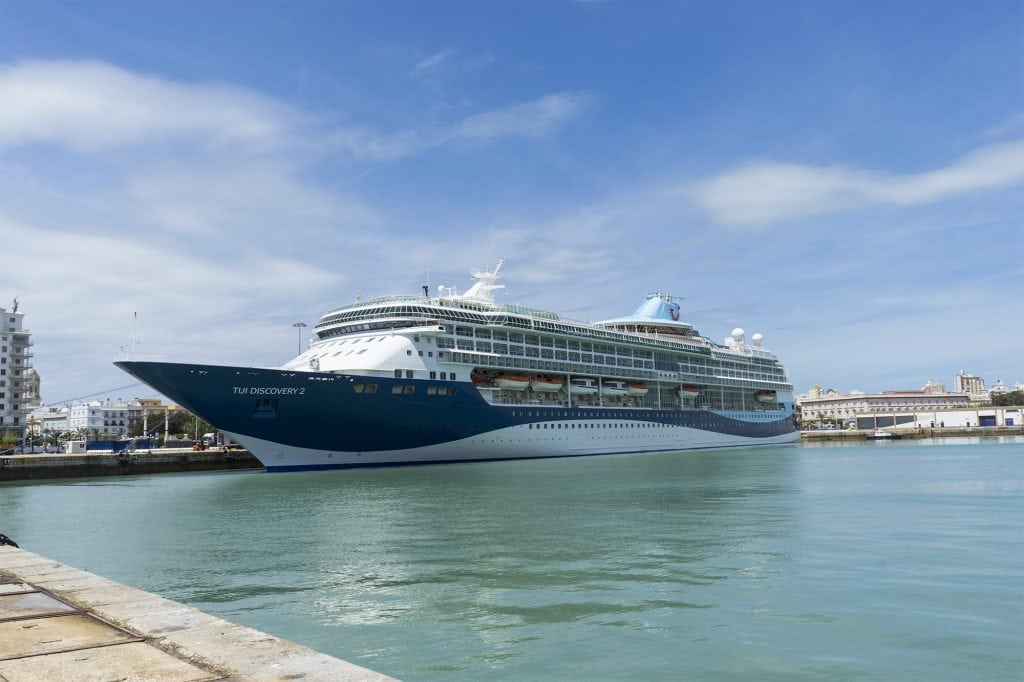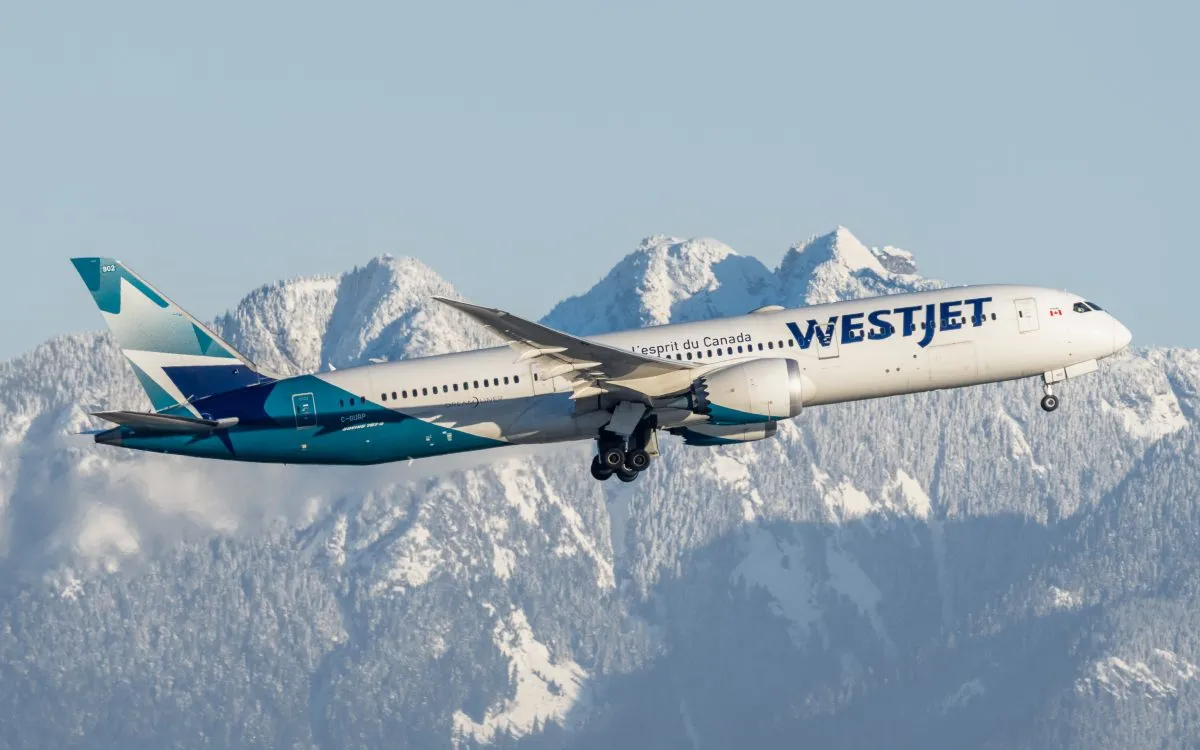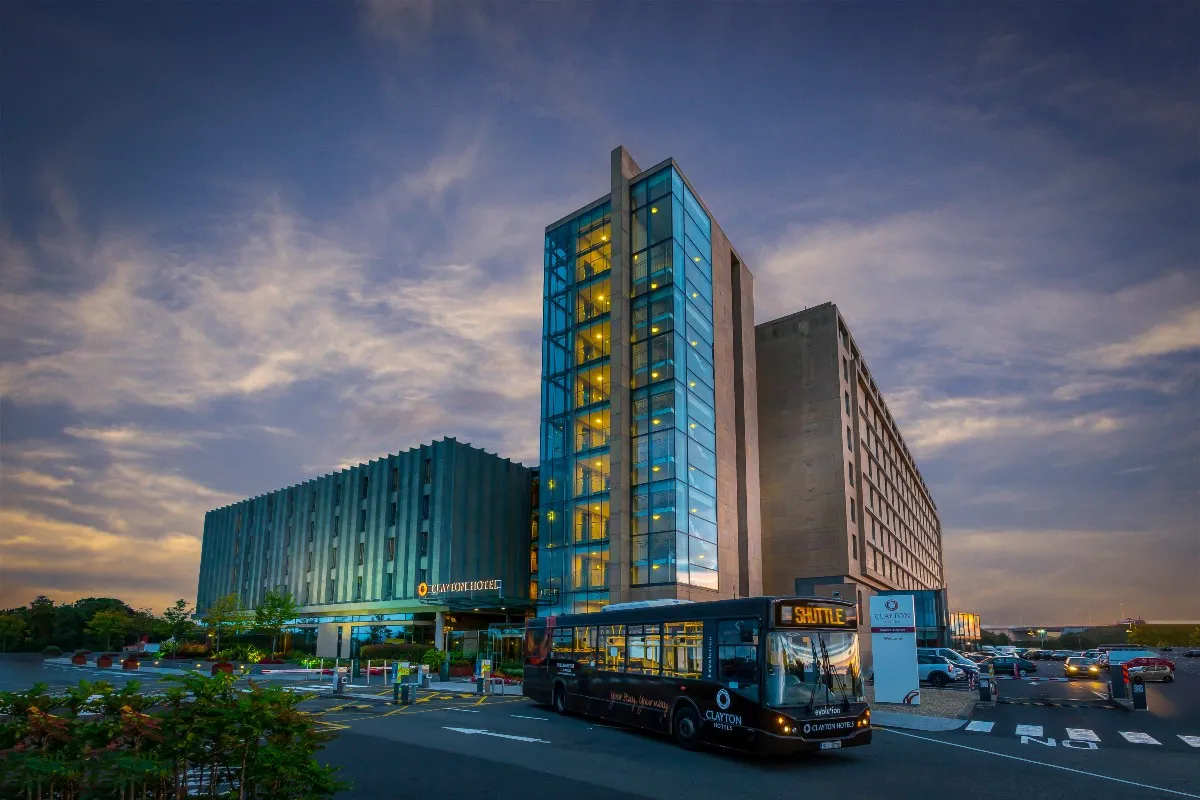TUI Group's Switch From Tour Operator to Hotel and Cruise Line Is Paying Off

Skift Take
TUI Group’s asset-heavy approach is pretty much the opposite of travel’s other big players. While Priceline, Expedia and Airbnb are essentially marketing technology companies, TUI is happy to pour a lot of its money into actual things, like cruise ships and hotels.
This obviously has its risks. With bricks and mortar and big hunks of metal, if something goes wrong, you’re on the hook. Online travel agents have no such commitment so if terrorism makes a country like Turkey unpopular with tourists, they can sell elsewhere.
TUI, however, sees this as an advantage and it forms part of its strategic move from a tour operator to a more rounded hotel and cruise company.
Tour operating isn’t widespread in the U.S. although it is popular in Canada. It essentially involves companies contracting rooms from hotels, packaging them together with flights and then selling them to consumers. That is how TUI used to operate (and in some ways still does), but in recent years it has spent money building up its hotel and cruise portfolio using proceeds from sales.
How it likes to make money now is similar to how Ryanair manages its aircraft: using flexible pricing to drive occupancy.
“What we are today [is] we are a yielding business. We actually invest, operate and develop hotels and cruise offers and with that we actually have a risk capacity. We have hotels we need to sell and we have a cruise ship that we need to sell," CEO Fritz Joussen said on a conference call with media, following the release of TUI’s annual results.
“Now the good thing is we have our source markets... so we have around about 20 million customers in the source markets and around seven million customers in our own hotels and cruises [ships] and therefore we can manage the main risk of low occupancy and limit that risk."
TUI can be flexible in how it prices and adapts its assets.
“Now the interesting thing here is when you do this you develop from a trading margin business into a yielding business," Joussen said. "A yielding business means you sit on an asset and you fill it, and you fill it in a way which is yield optimized, that you have a full occupancy as much as possible at the end of season and you adapt prices.”
Spreading The Risk
TUI’s traditional business was located in and around the Mediterranean, but it has gradually expanded its horizons thanks in part to its big order of fuel-efficient 787 Dreamliners.
Germans, Brits and Swedes are now traveling in significant numbers to the Caribbean, and they are not the only ones.
Part of the reason TUI has moved away from the tour operator model is that it wanted its business to be less seasonal. If you own a hotel you don’t just want to fill it for 90 days every year.
To achieve a higher occupancy rate in places like Jamaica, the company is increasingly looking to Canadians and Americans as guests.
In Canada, TUI operates a joint venture called Sunwing Travel Group, while in the U.S, market it goes direct with the hotels. Because of the year-round-nature of the business, TUI’s Caribbean hotels have an average occupancy level above 95 percent, the company claims.
“The interesting thing is we are moving our airplanes into Canada in the winter and some of their airplanes into the UK in the summer because we have different seasonalities, so we have more year-round operations,” Joussen said.




